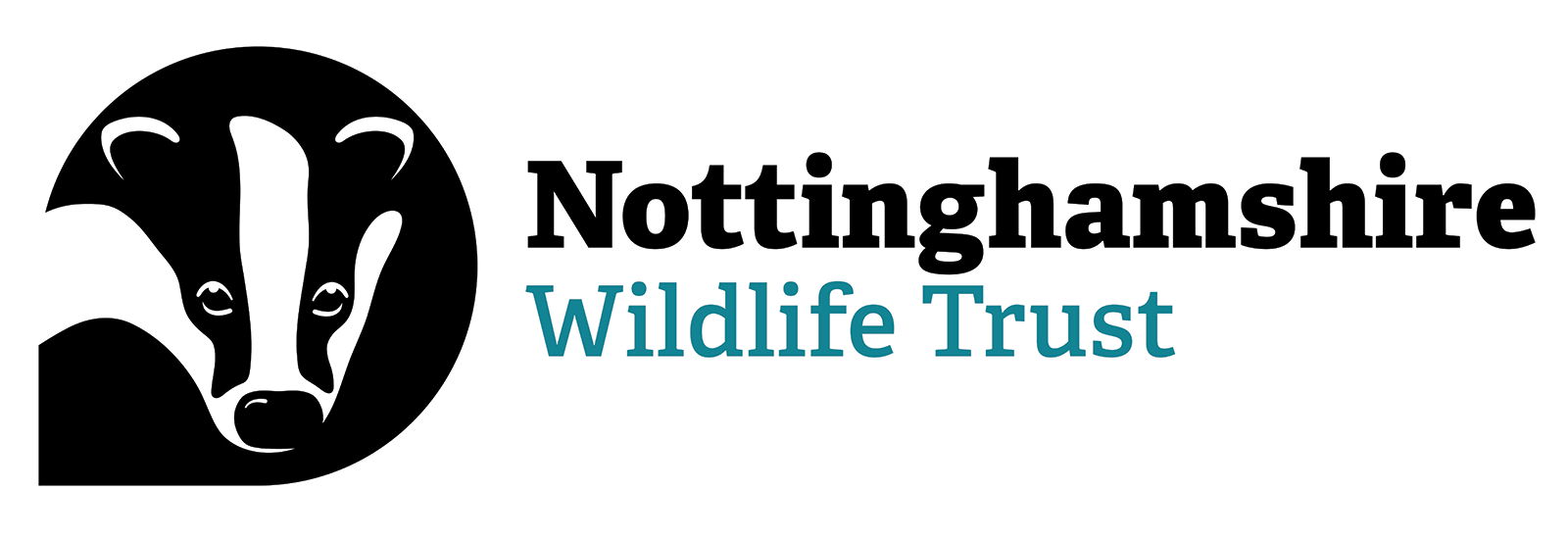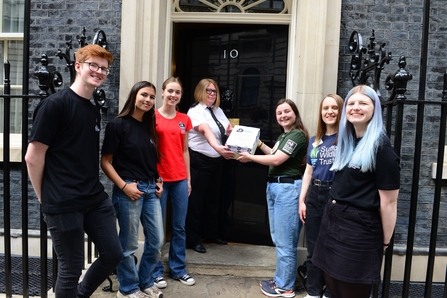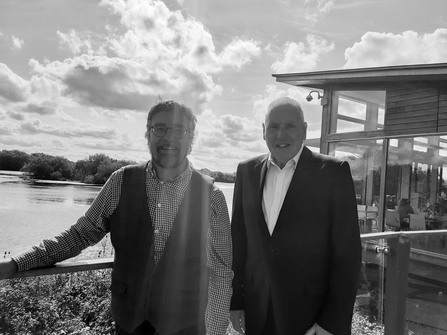Since fighting to save what is now Attenborough Nature Reserve back in the 1960s, Nottinghamshire Wildlife Trust has become synonymous with protecting and caring for nature reserves. However, caring for these precious sites is just one aspect of our work.
Much of our work to secure a wilder Nottinghamshire for all goes unseen, whether in terms of the advice we provide to farmers keen to encourage wildlife on their land, commenting on planning applications for developments that threaten species and habitats or our efforts to secure changes to policy and legislation through the county’s MPs.
By working behind the scenes, we can often influence decisions, but this work can go unnoticed, risking supporters feeling we’re not doing enough. Alternatively, some might misconstrue this as the Trust colluding with the ‘establishment’.



